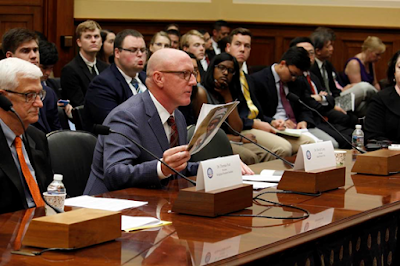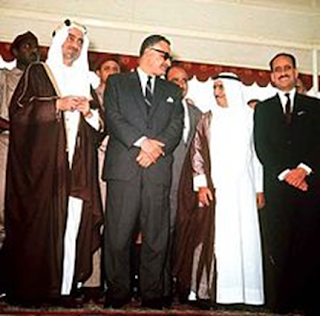Human Rights Commission Takes Freedom of Religion to Congress
On
June 27th, 2019, Human Rights Organization took the issue of the world-wide
threat of Freedom of Religion right to the halls of Congress.
Congressman Christopher Smith of New Jersey, Congressman Gus Bilirakis of
Florida, and Congresswoman Ilhan Omar of Minnesota all attended a committee
hearing to listen to human rights experts reveal just how widespread this
persecution is. The Panel who presented their information consisted of
The Honorable Sam Brownback, the Ambassador for International Religious Freedom
in the U.S. Department of State. Nadine Maenza, the Vice Chair of the
U.S. Commission on International Religious Freedom. Dr. David Curry,
President of Open Doors USA, and Thomas Farr, President of the Religious
Freedom Institute.
Ambassador Brownback stated
in opening remarks that Christianity is under threat throughout the Middle
East and that the Christian communities in many nations like Iraq and Syria are
dwindling as a result. In Iran, many Christians are jailed for their
faith under the infamous Tehran Revolutionary Court that sentences Christians
to prison for obscene charges such as "Enmity Against God, Corruption on
Earth, and Disturbing National Security." The Baha'i community is
subjected to similar repression in Iran. As the Panel discussion
continued, Representative Smith expressed concern over the Jihadist ideology
that has spread throughout the region and states that this is the reason why so
many Christians in the region have been subjected to ongoing communal violence
and state-sanctioned persecution. Representative Smith made it very clear that Christians are
the most persecuted religion in the world and that the U.S. minimizes
persecution because we’re predominantly Christian and don’t want to seem
biased. This is a mistake. Most Christians live outside the Western
world. They are also often part of ethnic minorities, meaning they’re
even more persecuted.
 |
| Dr. David Curry, President of Open Doors, Testifying Before Congress |
Though Iran and the spread
of Jihadist intolerance was a central focus during the panel discussion, much
was also said about China’s growing intolerance toward the numerous religious
communities within their borders. Ever since Mao Zedong seized power in the nation,
the state has sought to manipulate, control, or eliminate all religion as they
see religious faith as a challenge to the Chinese Communist Party. Every religious group within the nation is subject
to persecution, whether they're Buddhists in Tibet, Christians, Muslims, or
Falun Gong. Currently, thousands of Muslim Uyghurs are being held in
Chinese Prison Camps, Christian Churches are begin destroyed, and both Muslim
Uyghurs and practitioners of Falun Gong have been murdered and
harvested for their organs. The Panel revealed that the religious
persecution in China has been the most severe time in modern history with the
exception of the time-period of Mao Zedong's Cultural Revolution.
The Panel brought other nations of concern onto the
table, including Eretria, Burma, and Vietnam, both of which engage in governed
level persecution of numerous Christian and non-Christian religions. India, Nigeria, and the Central African
Republic were also brought before the panel as all three nations experience
significant persecution at the hand’s radical nationalist groups and insurgent
forces while the governments in charge are taking ineffective action against
the perpetrators. Both the Panel Members
and the Congressional Delegates reached agreement that the persecution of any
religion by government or society is a threat to free religion everywhere, and
that action must be taken. Proposals
such as economic sanctions, withholding of trade agreements with nations until
religious rights are protected and prejudicial teachings halted, pressuring
governments to take stronger action against violent insurgent groups, and the
turning over of persecuting military leaders to the International Community for
War Crimes Investigation are all solutions that are proposed. The strongest push by Representative Smith
was the encouragement of Round-Table Discussions between religious leaders
throughout the world as well as the establishment of an effective Grassroots
campaign that involves both government agencies and human rights organizations
to address the issue of religious freedom all over the world.



Comments
Post a Comment